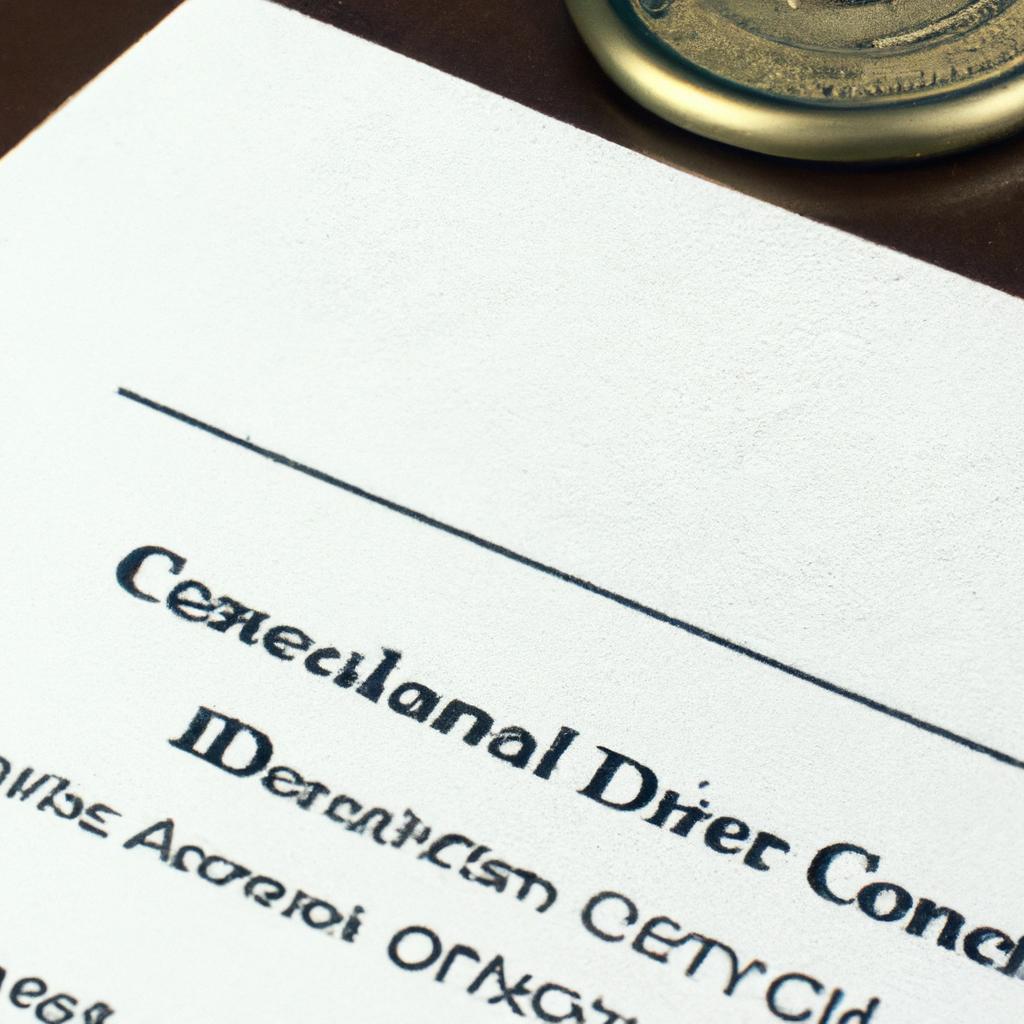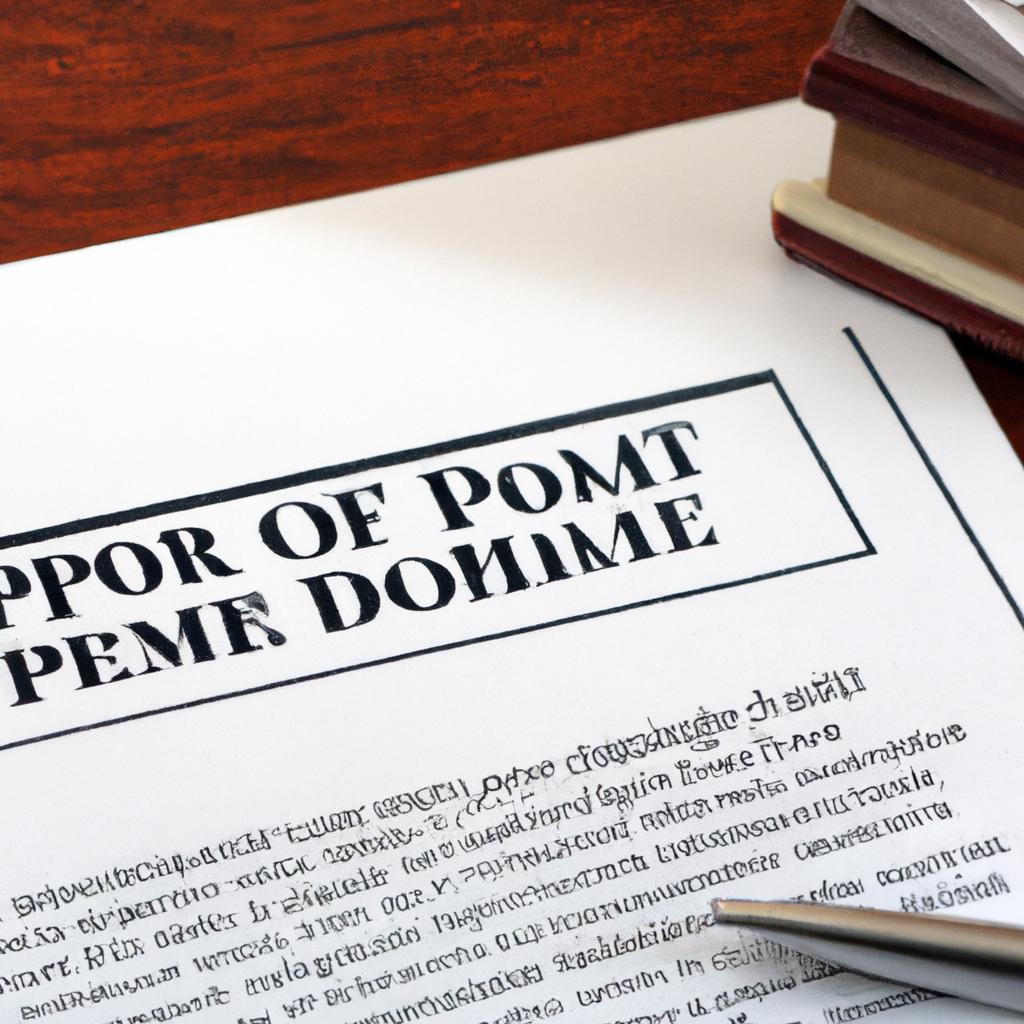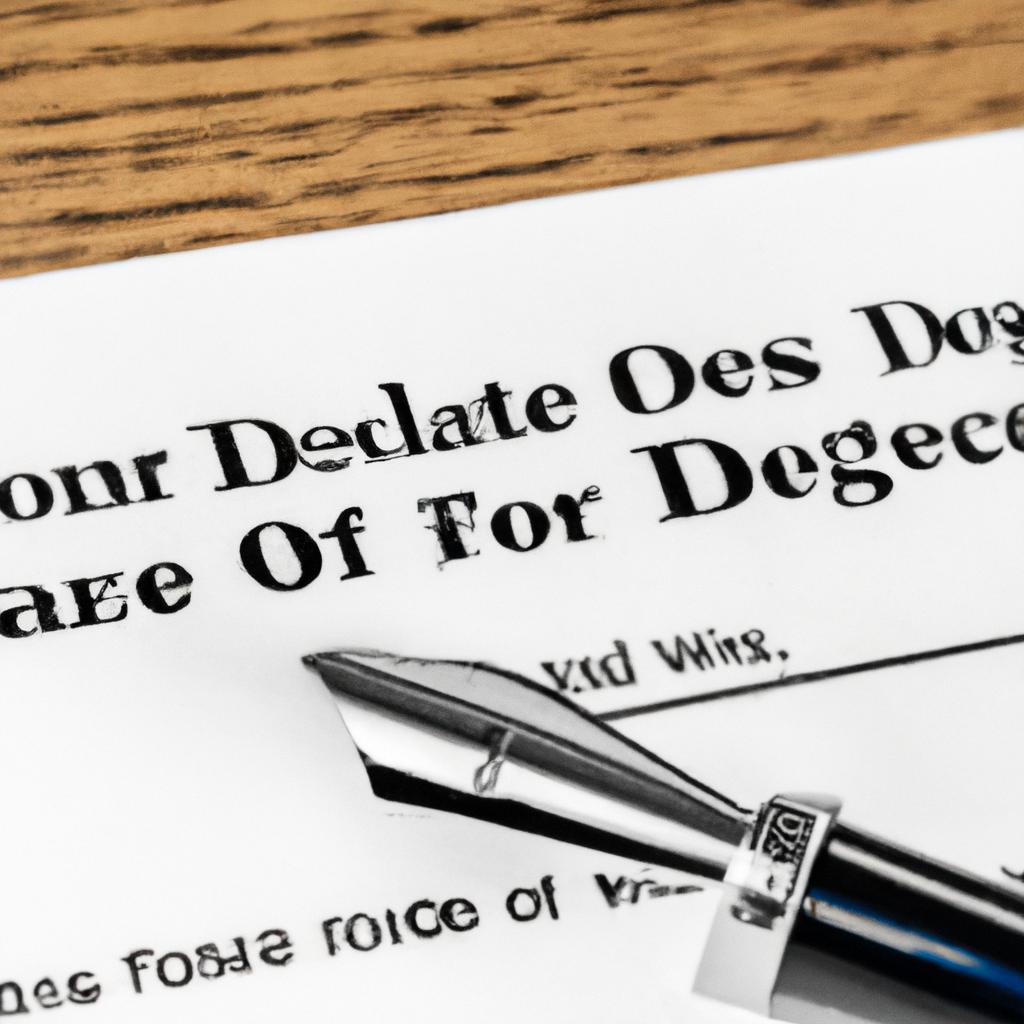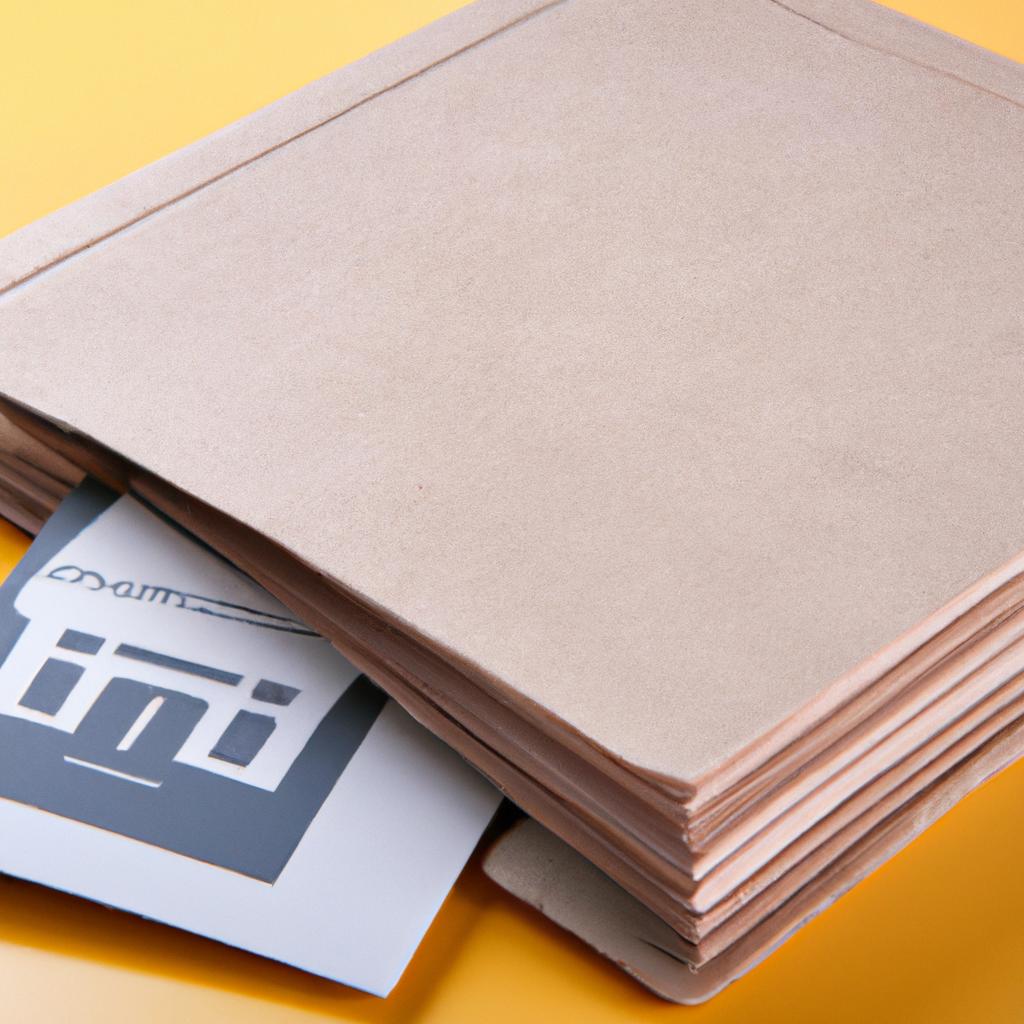In the intricate realm of real estate law, one document stands as an irrefutable testament to homeownership – the deed. A deed is an essential legal document that proves ownership of a property and provides vital information about its history. As seasoned attorneys at Morgan Legal Group, located in the bustling metropolis of New York City, we understand the importance of having a copy of your home deed. In this article, we will guide you through the process of obtaining a copy of your home deed, ensuring you possess the necessary evidence to safeguard your property rights. Let us navigate the complexities of real estate law together, as we unravel the mystery of acquiring this crucial document.
Obtaining a Certified Copy of Your Home Deed from the County Clerk’s Office
To obtain a certified copy of your home deed from the County Clerk’s Office, you must first identify the county where your property is located. Once you have determined the correct county, you will need to visit the County Clerk’s Office in person or access their website for more information on how to request a copy of your deed. It is important to follow the specific procedures and requirements set forth by the County Clerk’s Office to ensure a smooth and efficient process.
When visiting the County Clerk’s Office, be prepared to provide the necessary information and documentation to verify your identity and ownership of the property. This may include presenting a valid form of identification, such as a driver’s license or passport, as well as proof of property ownership, such as a recent tax bill or mortgage statement. Additionally, you may need to pay a fee for the certified copy of your home deed. Once you have submitted your request and payment, the County Clerk’s Office will process your request and provide you with a certified copy of your home deed, which will serve as official proof of your property ownership.
Understanding the Importance of Having a Copy of Your Home Deed
Having a copy of your home deed is essential for protecting your property rights and ensuring that you have legal proof of ownership. Without a copy of your home deed, you may encounter difficulties in proving ownership, transferring ownership, or accessing important information about your property. By keeping a copy of your home deed safe and secure, you can avoid potential disputes or confusion in the future.
Obtaining a copy of your home deed is a relatively straightforward process that can be done through your local county clerk’s office or online through a trusted provider. It is important to keep your home deed in a secure location, such as a safe deposit box or a fireproof safe, to prevent loss or damage. By taking these steps to secure a copy of your home deed, you can have peace of mind knowing that your property rights are protected.

Navigating the Process of Requesting a Copy of Your Home Deed
When it comes to securing a copy of your home deed, it is important to understand the process and steps involved in obtaining this crucial document. To begin the process, you will need to have some basic information on hand, such as the address of the property in question, the names of the current owners, and any relevant legal documentation.
Once you have gathered this information, you can proceed by following these steps:
- Contact the County Clerk’s Office: Start by reaching out to the County Clerk’s Office in the county where the property is located. They will have records of all property deeds and can assist you in obtaining a copy.
- Submit a Request Form: In most cases, you will need to fill out a request form to receive a copy of your home deed. This form may require information such as your name, contact information, and the reason for the request.
- Pay the Required Fees: There may be a fee associated with obtaining a copy of your home deed. Be sure to inquire about any applicable fees and payment methods.

Recommendations for Safeguarding and Storing Your Home Deed
When it comes to safeguarding and storing your home deed, it is crucial to take the necessary precautions to ensure its safety and accessibility. Here are some recommendations to help you protect this important document:
- Store your home deed in a fireproof safe or a safety deposit box at a bank.
- Make copies of your home deed and keep them in a separate location for backup.
- Consider digitizing your home deed and storing it securely on a password-protected external hard drive or in the cloud.
Additionally, it is advisable to notify a trusted family member or your attorney about the location of your home deed. This will ensure that the document can be easily accessed in case of an emergency or if you are unable to do so yourself. By following these recommendations, you can have peace of mind knowing that your home deed is protected and easily retrievable when needed.
Q&A
Q: What is a home deed and why is it important to have a copy?
A: A home deed is a legal document that proves ownership of a property. It is crucial to have a copy as it serves as evidence of ownership and can be used for various purposes such as selling the property or applying for a loan.
Q: How can I obtain a copy of my home deed?
A: There are several ways to obtain a copy of your home deed. You can contact the county recorder’s office where the property is located and request a copy. You can also hire a title company to obtain a copy on your behalf.
Q: Is there a fee associated with getting a copy of my home deed?
A: Yes, there is usually a fee involved in obtaining a copy of your home deed. The fee varies depending on the county and can range from a few dollars to several hundred dollars.
Q: How long does it take to receive a copy of my home deed?
A: The time it takes to receive a copy of your home deed can vary depending on the method you choose. If you request a copy from the county recorder’s office, it may take a few days to a few weeks. If you hire a title company, they may be able to expedite the process and get you a copy more quickly.
Q: What information do I need to provide in order to get a copy of my home deed?
A: You will typically need to provide the property address, your full name, and proof of identification in order to obtain a copy of your home deed. It’s always a good idea to have this information readily available before you make your request.
To Wrap It Up
Now that you know the steps to obtaining a copy of your home deed, you can rest assured knowing that you have all the necessary documents in order. Whether you need a physical copy for your records or a digital version for easy access, following these instructions will ensure a smooth and hassle-free process. Remember, your home deed is an important piece of documentation that proves your ownership of your property, so be sure to keep it in a safe place. If you have any further questions or need assistance, don’t hesitate to reach out to your local county clerk’s office. Happy deed retrieving!

